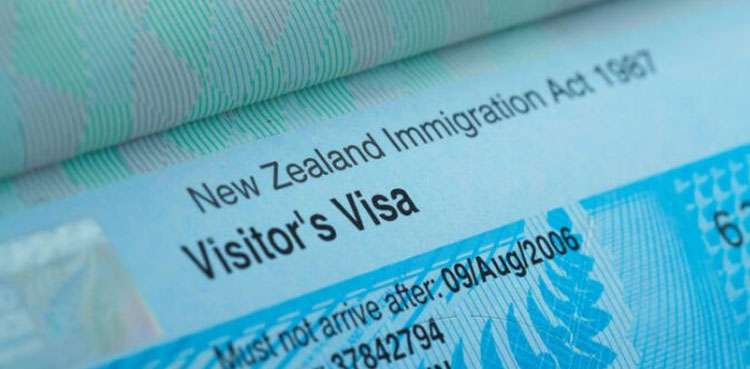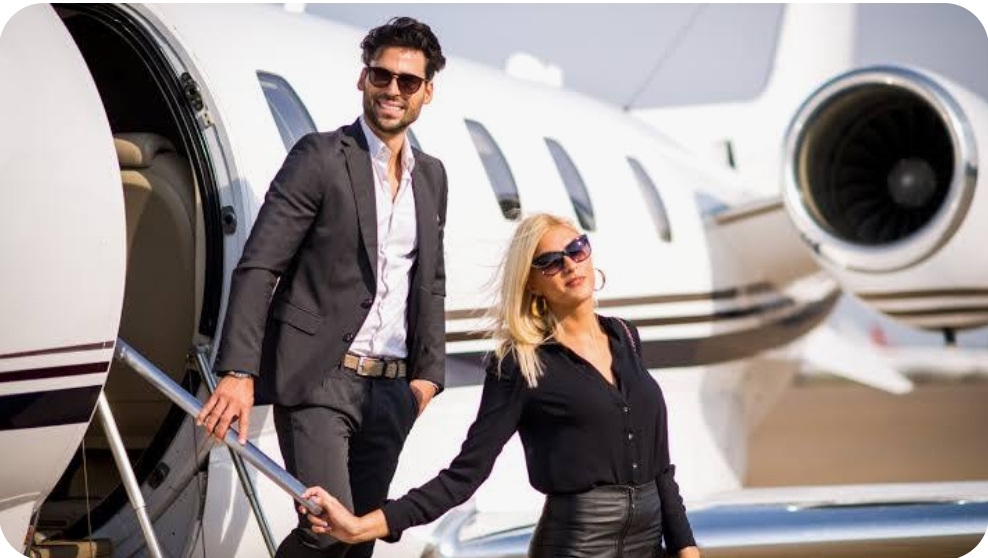Why Australia and New Zealand don’t always Demand Bank Statements

It’s generally rare for a country to never require any form of financial proof for a visa, as this is a fundamental way for them to assess if you can support yourself during your stay and won’t become a burden or overstay. However, some countries or specific visa types might accept alternative forms of financial evidence in lieu of traditional bank statements, or have exemptions under certain circumstances.
It’s crucial to understand that visa requirements are dynamic and can change. Always check the official website of the embassy or consulate of the country you intend to visit for the most up-to-date and specific requirements for your nationality and visa type.
Here are 5 scenarios or countries that might not strictly require bank statements, or offer alternatives:
* Visa-Exempt Countries (ETIAS/ETA systems): Many countries have agreements where citizens of certain nations can enter without a traditional visa for short stays, often requiring only an Electronic Travel Authorization (ETA) or similar system (like ETIAS for the Schengen Area starting in 2025). While you might not submit bank statements for the authorization, you may still be asked to show proof of funds at the border. Examples include:
* Schengen Area (with ETIAS in effect): For visa-exempt nationals, ETIAS authorization won’t require bank statements directly for the application, but border officials can still request proof of funds.
* Canada (eTA): Similar to ETIAS, visa-exempt travelers need an eTA, which doesn’t directly ask for bank statements.
* Australia (ETA): Many nationalities can apply for an ETA online without submitting bank statements.
* New Zealand (NZeTA): Similar system for visa-waiver countries.
Important Note: Even with these electronic authorizations, immigration officers at the port of entry retain the right to ask for proof of sufficient funds for your trip. So, having access to this information (even if not submitted beforehand) is always advisable.
* Countries with Sponsorship Letters: Some countries allow a sponsor (a friend, family member, or even a company) to vouch for your financial means. In such cases, the sponsor would typically provide their financial documents (which might include bank statements, but it’s not your bank statement that’s required).
* While many countries accept sponsorship, it’s usually in addition to or as an alternative if your own funds are insufficient, rather than a complete waiver of financial proof for the application.
* Diplomatic or Official Visas: Individuals traveling on official government business, as part of a diplomatic delegation, or under certain humanitarian programs may be exempt from standard financial requirements, including bank statements.
* Transit Visas (in some cases): For very short transit visas where you are not leaving the airport, proof of onward travel is usually the primary requirement, and detailed financial proof might be less stringent or not required at all. However, this varies greatly by country and the specific transit rules.
* Specific Work or Talent Visas (rare exceptions): In some niche categories of work or talent visas, where the applicant’s employment and salary are clearly established and guaranteed by a reputable entity within the host country, the need for personal bank statements might be reduced or waived. However, this is highly specific to the visa type and the country’s immigration policies.
The situations above highlight circumstances where bank statements from the applicant might not be the primary or sole form of financial proof needed. Always consult official embassy/consulate websites for precise, up-to-date information relevant to your specific travel plans.
The prospect of visiting destinations like Australia and New Zealand has been simplified by the introduction of Electronic Travel Authorities (ETAs) and the New Zealand Electronic Travel Authority (NZeTA). These digital authorisations often bypass the need for traditional visa applications and, crucially, typically do not require the upfront submission of bank statements.
However, it’s vital to understand that this isn’t a complete waiver of financial responsibility, but rather a reflection of a risk-assessment approach and trust in the economic profiles of certain nationalities.
Here’s why Australia (via ETA) and New Zealand (via NZeTA) generally don’t ask for bank statements during the initial application, but still expect financial solvency:
1. Focus on Low-Risk Nationalities:
ETAs and NZeTAs are primarily designed for citizens of countries that have historically low rates of visa overstays, illegal work, or social welfare claims. These are typically economically stable nations with strong ties to Australia and New Zealand. The assumption is that individuals from these countries generally have the financial means to support themselves.
2. Electronic Screening and Background Checks:
While you might not submit physical documents, the electronic application process for an ETA or NZeTA involves background checks against various databases. This allows immigration authorities to quickly assess any potential risks based on an applicant’s passport details, criminal record (if any), and previous travel history. The system is designed to flag individuals who might pose a risk, thereby reducing the need for extensive documentary evidence from the majority of applicants.
3. Simplicity and Efficiency for High Volumes:
Processing millions of tourist applications annually with full document requirements would create a significant bureaucratic bottleneck. ETAs and NZeTAs streamline the process, allowing for quicker approvals and facilitating tourism and business travel. The focus shifts from a document-heavy application to a more automated risk assessment.
4. The “Proof at the Border” Clause:
Crucially, while bank statements aren’t typically required at the application stage, both Australia and New Zealand explicitly state that border officials retain the right to ask for proof of sufficient funds upon arrival. This is a critical safety net. If an immigration officer at the airport has concerns about a traveller’s ability to support themselves, they can request evidence like:
* Credit card statements
* Bank account access (e.g., via mobile banking)
* Travelers’ cheques
* Evidence of pre-paid accommodation or tours
* A letter from a sponsor.
5. Trust in Reciprocal Agreements:
The countries eligible for ETAs and NZeTAs often have reciprocal visa-waiver agreements. This signifies a level of trust between the nations regarding the financial solvency and genuine intentions of their respective citizens when travelling.
In essence, the absence of an upfront bank statement requirement for ETAs and NZeTAs is not a loophole or an indication that financial means are unimportant. Instead, it’s a strategic decision based on:
* Risk assessment of applicant nationalities.
* The efficiency of electronic processing.
* The ability of border officials to perform checks on arrival.
Therefore, while the initial application process is significantly less demanding, travellers should always ensure they do have sufficient funds and can readily prove them if requested by immigration authorities upon entering Australia or New Zealand. Being prepared avoids any potential complications at the border.
Source: Thepressradio.com





